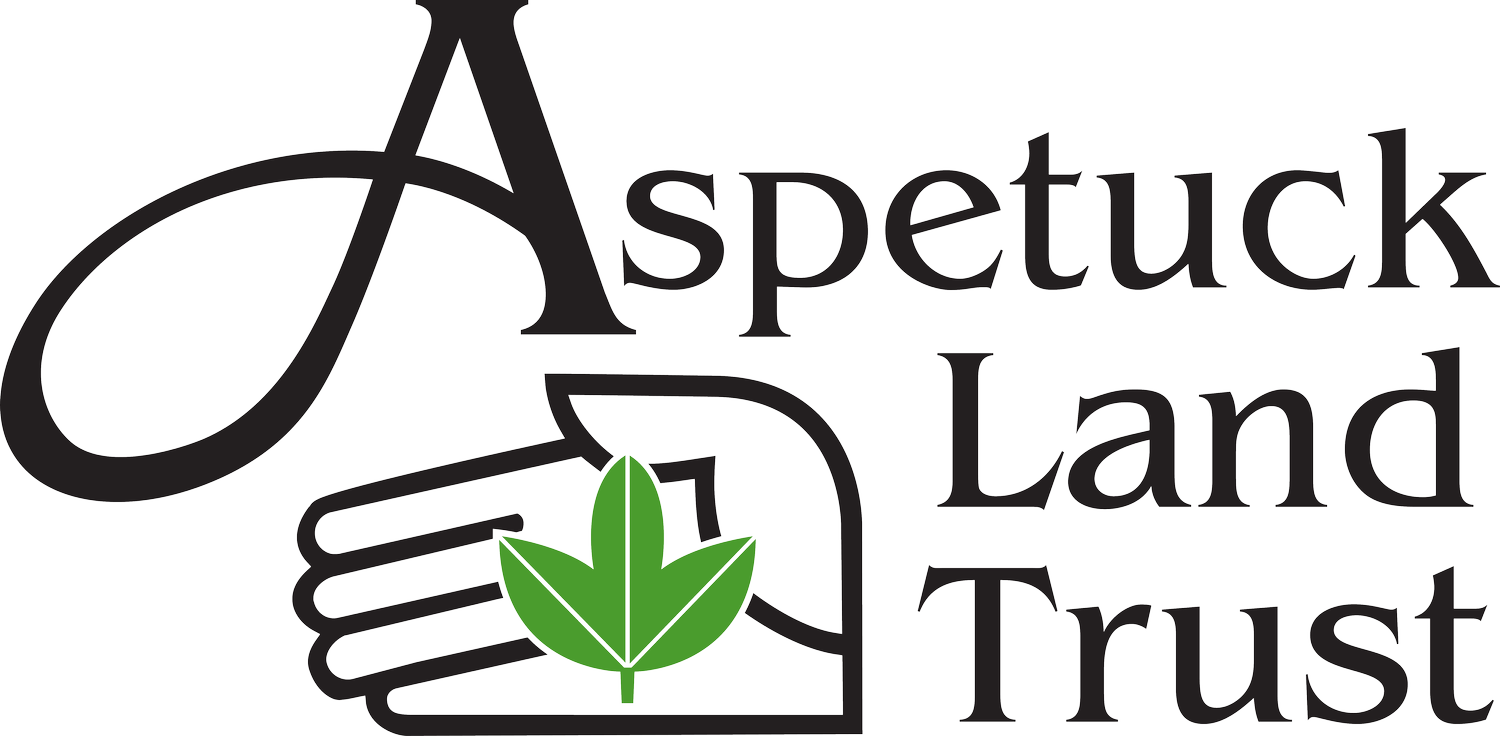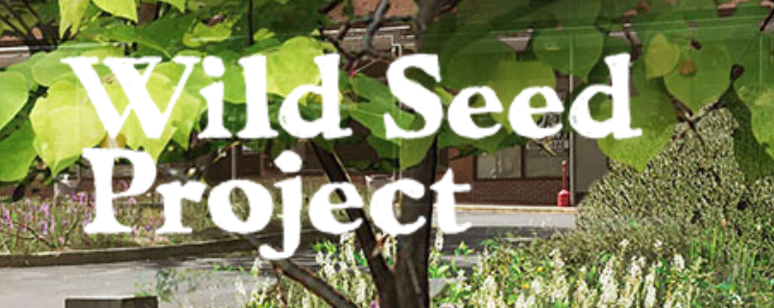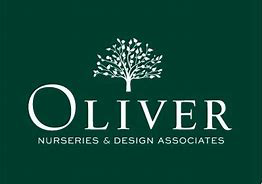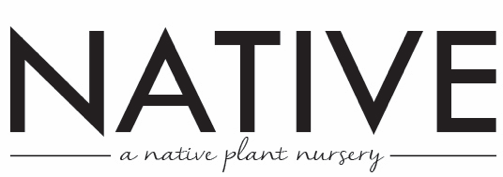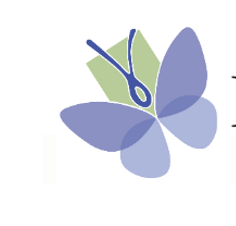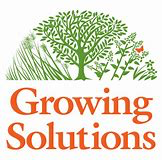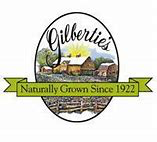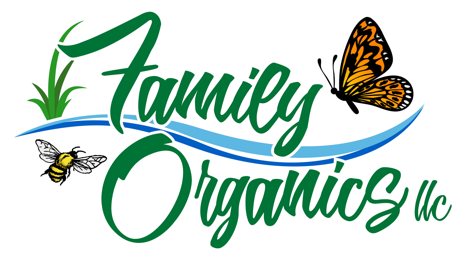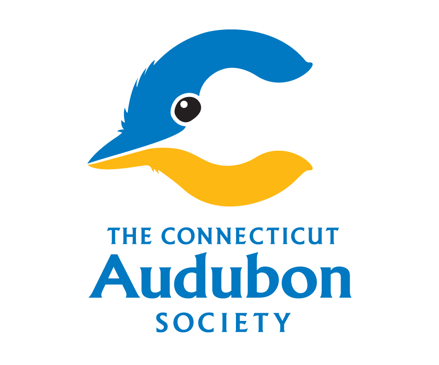Green Corridor Allies
Here are links to our allies, from local to regional to national. This is a good place to start if you:
Would like further information on rethinking the lawn, planting native plants, and avoiding pesticides.
Are purchasing native plants for your garden and curious what nurseries carry stock in our area.
Are interested in professional help for your landscape, whether lawn care, maintenance or design.
The list is growing!
-
Pollinator Pathway (New England): Establishes pollinator-friendly habitat and food sources for bees, butterflies, hummingbirds and other pollinating insects and wildlife along a series of continuous corridors. The site offers in-depth resources on lawn care, native plants, and pesticide alternatives for individuals and towns who wish to start a pathway in their community. Pollinator Pathways overlay the Green Corridor towns of Easton, Weston, Westport, Fairfield, Redding, and Monroe.
CT NOFA: Ensures the growth and viability of organic agriculture, organic food, and organic land care in Connecticut. CT NOFA accredits lawn care professionals and is establishing a supply of plants native to our region through the Ecotype Project.
Hudson 2 Housatonic Regional Conservation Partnership (Connecticut and New York): Advances the pace and practice of regional land protection and stewardship in the watershed between the Hudson and Housatonic rivers.
Connecticut Agricultural Experiment Station (New Haven, CT): Conducts research on plants used as sources of nectar, pollination of crop plants, and pesticide exposure.
CT NOFA’s Ecotype Project: Collects wild seeds to protocol, growing them out, and distributing them to open spaces and homeowners. A network of botanists, land managers, nursery professionals, homeowners, and farmers making our farms more genetically diverse and meadows more resilient.
Connecticut Audubon: Maintains nature centers and sanctuaries throughout Connecticut and advocates for broad issues affecting bird species, including habitat protection, land management, invasive species removal, and pesticide reduction.
2/3 for the Birds: Aims to cover 2/3 of the landscape with native plants, as well as options for water and shelter to bolster bird populations.
Perfect Earth Project: Promotes toxin-free lawns and landscapes for the health of people, their pets, and the planet.
Healthy Yards (Westchester, NY): Informative resources on healthy landscaping practices from the Westchester NY chapter of the Pollinator Pathway.
Save the Sound: Envisions a clean and vibrant watershed and coastal environment in the Long Island Sound region.
Homegrown National Park: An outgrowth of Doug Tallamy's ecological research, this is a nation-wide movement for private landowners to plant native plants. Together we can conserve 20 million acres in the US, for birds, insects, and wildlife, an area as large as all of our national parks combined.
Connecticut Invasive Plant Working Group: Coordinates invasive plant management and education with government agencies, nonprofits, researchers, and the general public.
Leave Leaves Alone (Bedford, NY): Educates landscapers and homeowners on the value of leaves and leaf mulch.
Wild Seed Project (ME): "Rewilding" the land — introducing genetically-diverse native plants back into 70% of the landscape (and in turn, bringing nature back into our lives). Check out their website for tips on finding nurseries that are grounded in the conservation ethic, creating meadows, and leaving the leaves each fall.
-
Mow Green (Bridgeport, CT): Provides electric and organic lawn care services.
Family Organics (Stratford, CT): Provides organic tick control and lawn care services.
Growing Solutions (Westport, CT): A full-service landscaping company offering landscape design, maintenance, tick control, and organic lawn care.
CT NOFA Organic Land Care Program: A directory of accredited organic land care services in Connecticut, which allows people who are interested in having their lawn and garden maintained organically to find well-trained professionals. "Organic" refers to the use of no synthetic pesticides and no synthetic fertilizers.
-
Learn more about our initiative to expand Green Corridor engagement by partnering with local landscape professionals here.
Glengate (Wilton, CT): Construction, garden design, installation, and seasonal property care.
Oliver Nurseries and Design Associates (Fairfield, CT): Design and construction, masonry, site construction, and planting installations.
Green Jay (Fairfield County, CT): Landscape design, construction and installation, consultations, and organic landscape management.
LaurelRock Company (Fairfield County, CT): Design and build, property maintenance, and green roof installation.
Petrow Gardens (Westport, CT): Landscape design, foundational plantings, installation, and maintenance.
Land Canvas Landscape Architecture (CT): Landscape design and planning.
Mossaics Ecological Landscape Design (Easton, CT): Landscape consultation, design, and education.
Growing Solutions (Fairfield County, CT): Design and build, property care, planting and masonry, and organic lawn care.
-
iNaturalist: A citizen science project and online social network of naturalists, citizen scientists, and biologists built on the concept of mapping and sharing observations of biodiversity across the globe. Check out the Land Trust’s iNaturalist projects happening at Haskins, Randall’s Farm, Honey Hill, and Trout Brook Valley Preserves!
Seek: A modified, kid-friendly version of iNaturalist that allows you to receive real-time recognition technology to identify flora and fauna. Observations are private, but you have the option to share them to iNaturalist on the go.
Merlin: Identify birds by snapping a photo or answering three simple questions in this app from the Cornell Lab of Ornithology. You can also identify bird songs and calls.
Beecology: Submit data on native pollinator species, with the first leg of this citizen science project focussed on bumblebee and plant interactions. The data will be analyzed by researchers from UMass and the Worcester Polytechnic Institute to develop restoration strategies for endangered pollinators.
iTree: Assess the current, peer-reviewed benefits that trees provide, powered by the USDA Forest Service. You can start by estimating the carbon sequestration of an individual tree in your yard or move up the canopy for a larger restoration project.
-
Eco59: An outgrowth of the CT NOFA Ecotype Project and Pollinator Pathways, Eco59 is a farmer-led seed collective for the plants specific to our New England area (aka ecoregion). These seeds provide genetic diversity, a tenet of a resilient landscape.
-
Check out the map below to view a nursery near you!
A Native Plant Nursery (1899 Bronson Road, Fairfield CT): Full native selection.
EarthTones LLC (212 Grassy Hill Road, Woodbury CT): Full native selection.
UrbanScapes Native Plant Nursery (133 Hazel St, New Haven, CT): Full native selection, with focus on transforming urban spaces. Managed by Menunkatuck Audubon Society.
Gilbertie’s Herbs and Garden Center (7 Sylvan Ln, Westport, CT): Offers organic field vegetables, produce, and herbs.
Oliver Nurseries (1159 Bronson Rd, Fairfield, CT): Some native selection
Broken Arrow Nursery (Hamden): Some native selection
Tiny Meadow Farm (Danbury): Some native selection
Perennial Harmony (144 Boston Post Rd, East Lyme, CT): Some native selection
NatureWorks (518 Forest Rd, Northford, CT): Some native selection
Smith Acres LLC (4 W Main St, Niantic, CT): Some native selection
